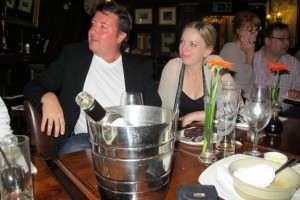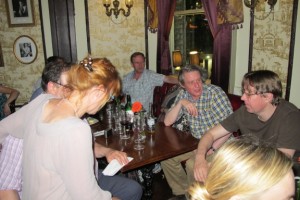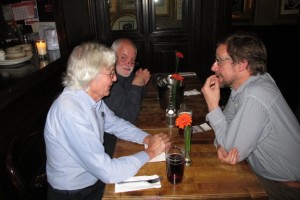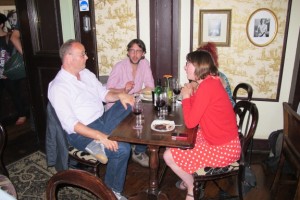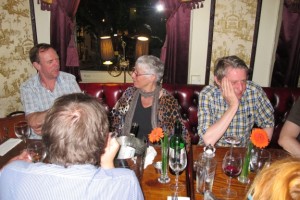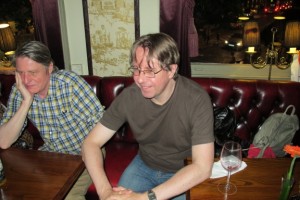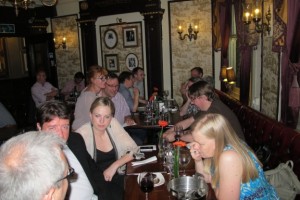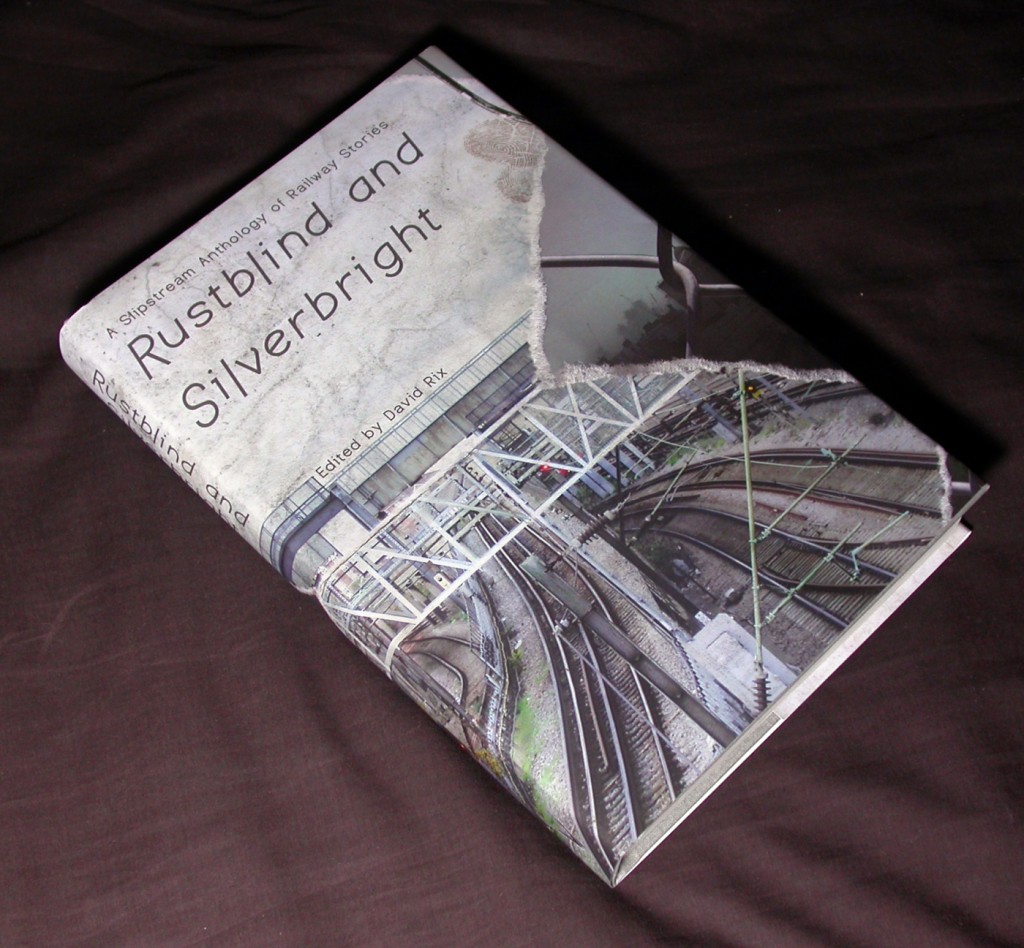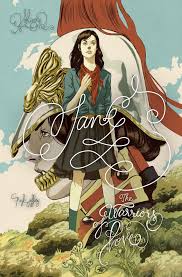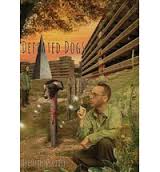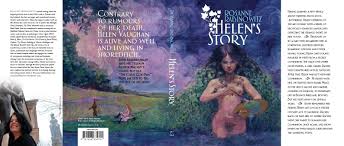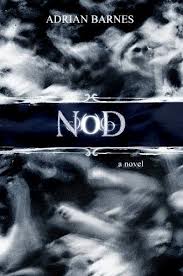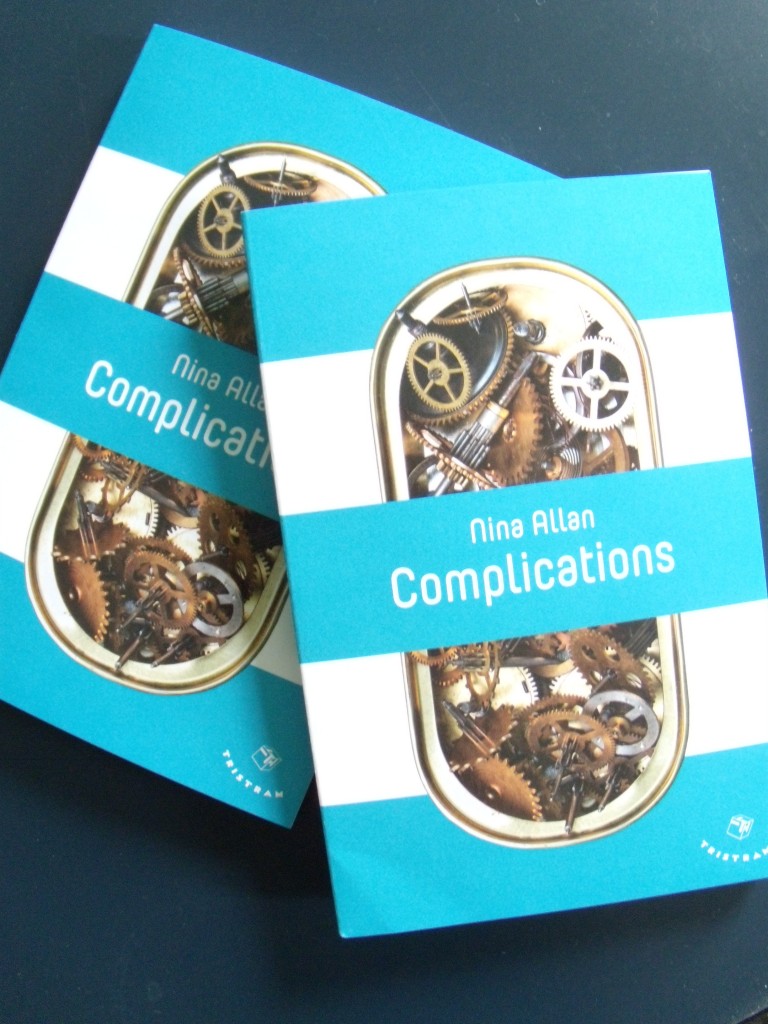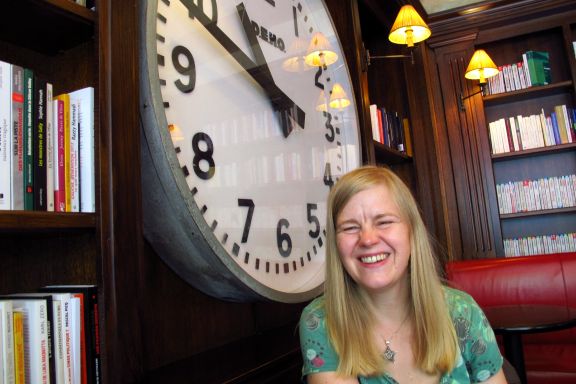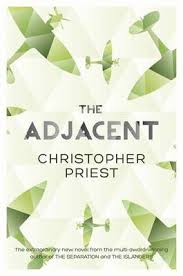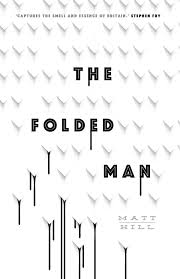I saw an amazing photo online yesterday. Posted by the Man Booker Prize at their Facebook page, it’s an image of all this year’s Booker subs, stacked deliberately in such a way that we can’t see what they are. I suppose it might theoretically be possible to work it out from what is visible, but I wouldn’t fancy trying. It did occur to me though that, surprising though it may seem, I’ve never tried to call the Booker longlist before, and so I thought it might be fun to try that instead.
When last year’s longlist was first announced I thought it was great. Looking back on it now it just seems weird. Some odd inclusions, and the usual kind of disparate air to the whole thing that makes you feel faintly deflated. More interesting than 2011’s, sure, but still not totally amazing, and when the eventual shortlist was published what I mostly felt was disappointment and a kind of rage that Nicola Barker wasn’t on it. Oh well. All this is pretty much par for the course with the Booker, and as with all literary prizes, the point, so far as I’m concerned at least, lies not in who wins or even what gets shortlisted, but in the discussion about books the prize provokes: the passion, the evangelism, and most of all the disagreements. That the Man Booker Prize gives readers one possible starting point for looking at the year in books – that’s enough to justify its existence in itself.
And so we come to 2013. One notable fact about this year’s eligibles is that many of the usual suspects aren’t among them. There’s no new Amis this year, no McEwan, Swift, Boyd, Smith (Zadie or Ali), Enright or Mantel. There’s Coetzee, and he’s a writer I love, but I’m just not fancying The Childhood of Jesus for the line-up. There’s Atwood, but her new book is the third in a series, and unless it turns out to be totally amazing – which we won’t know for another month as it’s not out until August – I can’t see Maddaddam making the cut either. This temporary shortage of ‘big beasts’ can only be a good thing, so far as I can see, because it opens things up a bit, and the presence – or lack of presence – of starry names on the longlist won’t immediately dominate the discussion around it.
So – who will get longlisted? Your guess is as good as mine, and I hope we will see some more guesses going up in the five days that remain before the Booker judges make their announcement at midday on Tuesday July 23rd. But here we go with my own attempt at predicting it. In alphabetical order then:
Americanah – Chimamanda Ngozi Adichie. This still forms part of the TBR pile on my bedside table (along with Lanark and Traveller of the Century) but from what I’ve sampled of it so far this is an amazing book, far reaching and provocative and, like everything Adichie has produced, just superbly written. I think it’s a cert for the longlist – and deservedly so.
Life After Life – Kate Atkinson. I love Atkinson’s writing. She’s sensitive and perceptive and obviously cares a great deal about the craft. There’s been a lot of discussion about how well the speculative elements of this novel succeed – some have enjoyed the subtlety of it, others have felt the book doesn’t go far enough in tackling its central idea – but I think it’s great to see Atkinson trying a new direction and perhaps the good press she’s received for Life After Life will encourage her to be bolder next time around. In any case, she’s a thoughtful and committed writer who should be on this list.
Idiopathy – Sam Byers. I read the extended extract from this when it was published in Granta and was hugely impressed by it. Amazing writing, and the tone of the thing – darkly ironic, with a kind of surly rage bubbling away underneath – really got to me. The word on the street says that the novel as a whole more than lives up to that Granta extract, so on it goes. I’m going to have a sneaky extra punt here and say that Care of Wooden Floors by Will Wiles is most likely running neck and neck with Idiopathy for this year’s bravura debut spot, and that either or indeed both of them might make it through.
The Luminaries – Eleanor Catton. Still not out yet, so I haven’t read it, but I loved, loved, loved Catton’s first novel The Rehearsal – boldly original and one of the most brilliantly written debuts I’ve read in ages. I can’t see The Luminaries being anything less than equally fascinating, and the advance press has been very positive. Catton is surely a contender.
Meeting the English – Kate Clanchy. I love her short stories – quietly considered and perfectly crafted, they make every word count. A first novel from a mature writer is always an interesting prospect and I feel certain that Clanchy can more than hold her own here. I think we’re going to see her on the list.
The Hired Man – Aminatta Forna. Again, I love her short stories. She’s a wonderful writer, sensitive and wide ranging and able to pack a lot of emotional punch into a very few lines. I love the premise of The Hired Man and I want to read it soon. I have the distinct feeling that the judges will have been impressed by what Forna has produced here.
How to Get Filthy Rich in Rising Asia – Mohsin Hamid. I’ve not read The Reluctant Fundamentalist yet, but I started reading Hamid’s new one the other day and was completely and utterly hooked in less than a paragraph. This book feels so powerfully essential I can’t see it being overlooked. I absolutely love and envy this kind of writing – both informal and impassioned, yet still poetic and so masterfully put together, it conveys its anger through a searing brand of humour that this writer is making his own. I wish I could write like this but I know I can’t and never could. Go for it, Mohsin.
Perfect – Rachel Joyce. Joyce’s debut made the Booker longlist last year and attracted a lot of positive attention, but I must admit I’m liking the premise of her follow-up a whole lot more. I love the idea of basing the central conceit of a book around the two seconds that were added to time in 1972 – that’s pure slipstream. This novel has a good feeling about it, and from what people are saying it’s a neat step forward in terms of technical achievement from Harold Fry.
Questions of Travel – Michelle de Kretser. I loved The Lost Dog, and the opening of de Kretser’s new novel is just beautiful. De Kretser is so accomplished as a writer it’s scary. The book’s receiving some wonderful press and I’m sure it’ll longlist.
The Adjacent – Christopher Priest. Yup, I am so biased. But there have been calls for some years now to see a genuine contender step forward from SF to turn the Booker on its head, and following the abject failure of last year’s judges to list M. John Harrison’s Empty Space, surely The Adjacent has to be it. It’s a book packed with ideas, surprise, wonderful mysteries and allusive writing. It’s unlike anythng else that has been published this year and plays games with form few writers dare even to attempt. It’s arguably Priest’s most ambitious book to date and most importantly you don’t need to have read a single word of science fiction to be able to understand, love and appreciate it. I’m hoping that the judges will have rightfully been enthralled.
The Professor of Truth – James Robertson. I love Robertson – I think he’s a wonderful writer, sincere and boundlessly imaginative and just what we need. The Testament of Gideon Mack was one of my favourites of the year it came out, and the premise of The Professor of Truth grabs me very hard indeed. More people need to discover Robertson and I hope that this year they will.
First Novel – Nicholas Royle. I love this book. It was one of the first things I read this year, and I’m having a really hard job finding any new novels that match it in terms of excellence. If it doesn’t get longlisted, the judges are mad. Simple as that.
All the Birds, Singing – Evie Wyld. Wyld’s first novel made a considerable splash and it’s not hard to see why. Like de Kretser, she writes amazing sentences. Also like de Kretser, she has a way of packing emotion into those sentences that is hard to emulate. Her accomplishment in considerable. I think this book, like the Adichie, is a cert.
So there’s my Booker dozen. Before I leave you to go and get on with making your own predictions, I’d like to add two footnotes:
Five books I would love to see on the longlist but think won’t quite make the cut
(OK, so these are just five extra punts, basically)
The Secret Knowledge – Andrew Crumey
The Falling Sky – Pippa Goldschmidt
The Machine – James Smythe
Strange Bodies – Marcel Theroux
Secrecy – Rupert Thomson
Five books that should be on there but won’t be because they’re by yanks
(The Americans have their own prizes, sure. That’s the official argument for not letting them in on the Booker – but are we just afraid to let them in, because we secretly think they’ll kick our arses?)
The Round House – Louise Erdrich
The Woman Upstairs – Claire Messud
The Accursed – Joyce Carol Oates
Big Brother – Lionel Shriver
Sisterland – Curtis Sittenfeld
So – there we go. Roll on July 23rd, and let the games commence!
